Ann James: What brought you to intimacy choreography? What drew you to the work?
Brooke Haney: I started my career as an actor. I was often cast in roles that involved physical intimacy, and I played a lot of characters that experienced trauma. While in undergrad, I would work on this kind of material in class and wonder how I was supposed to really go there in my acting class and then go to math. I was trying to figure out how I could do the work I’m good at, live a healthy life, and make a sustainable career for myself. I explored that by creating The Actor’s Warm Down, a twenty-minute closure practice. So, in some ways closure practices were one of the first things that brought me to the intimacy industry.
Additionally, I am fascinated by stories of touch and how we tell them. I took about a year of my life, and every day I read a book, listened to a podcast, took a class, or watched something and evaluated it around the storytelling of sex, and that became my education. How are people telling these stories? What are sex educators saying about this? What have I been told through a straight lens? And how can I rethink about that through a queer lens?
Ann: That's interesting because we often, as queer or marginalized people, have to home in on our experience of our identity through that heteronormative lens. You say that you are evaluating storytelling from your identity—from a non-hetero existence. Please elaborate.
Brooke: Historically, most of the stories we see are told from a straight, cis, white lens. Even those of us who don't identify in that way, whether it’s because we aren’t white or because we aren’t straight or cis or some intersection of these things, we’re still being inundated with stories told in this way as the default. You can't help but have that lens be the thing that's top of mind because it's the way we see stories presented all the time.
I have found for myself, if I’m really interested in authentic representation of queer stories, I have to take a step back and say, “Okay what's my first instinct? And is that my instinct because that's what I've consumed, or is that my genuine artistic instinct because it's based in truth?”
The thing I am most compelled by is the ability to help someone tell their story, particularly if it's one I might not have seen before.
Ann: What have the people you work with taught you about humanity, your artistry, and your spirituality?
Brooke: I love this question because I feel like theatre is my church, and I feel called to it. You know when they tell you when you're a young actor, “If you can do anything else, do something else?” When I started in this business, acting was really the only thing I could see myself doing, until intimacy came along. And then I felt called to that.
Ann: I so love that.
Brooke: Anna Deavere Smith says in her book Letters to A Young Artist, “to develop your mark as an artist, you need to see the marks of others—especially the marks of those who are unrecognized. Everyone around you is making a mark of some kind.” Since the beginning of the pandemic, I've been working on a lot of short films, which has given me the opportunity to work with filmmakers who are telling a story that's often very personal to them. I feel like these stories are a chance to experience someone else's mark. Their stories resonate with me, feed me like a church service. I feel very honored to help filmmakers share their story and make their mark on the world. That's the thing I'm learning about my artistry, that the thing I am most compelled by is the ability to help someone tell their story, particularly if it's one I might not have seen before.
Ann: Fascinating, and you know we're all human beings. For those of us who are artists, I feel much like you do that it is our sacred calling to tell humanity about itself, to record that so we can learn about each other and learn to not make the same mistakes over and over again. The storytelling of our humanity is so special, and being at the forefront of that, being in the room when these stories are being told and being storytellers ourselves as intimacy professionals is sacred.
Brooke: I agree. One of the things that I'm really loving about short films is that they can ask a question and not necessarily answer it. I worked on a film recently, and the filmmaker, Dennis Chan, was presenting a question that I found very interesting. The film is about a man who has experienced sexual trauma as a child, and it jumps back and forth between him in his therapist’s office and time he spent with a sex worker, in his attempt to heal from that trauma. The film doesn't answer whether or not it works, and I appreciate that. To me it’s a story I haven't seen enough of, and that's a story I'm excited by; I’m excited to see the mark that Dennis Chan is leaving, even if it's just a question mark.
Ann: Now I know, Brooke, that you are working with the lenses of diversity, equity, and inclusion (DEI), and I'm wondering if you could talk about your intimacy practice as a platform to continue that drive in our industry to make sure that stories are being told for the marginalized community, from the LGBTQIA community, from the transgender, gender nonconforming, non-binary, and intersex community. Tell us a little bit about how you infuse your practice with these principles.
As intimacy professionals, we must be clear about what work we are qualified to do and what work we should pass to someone else.
Brooke: Yeah, I think we're all ready to tell the stories that are right for us and that we were meant to tell. The work that I'm meant to tell I know I'm going to be really good at. For me, these are stories gender nonconforming characters and queer stories. Additionally, I work a lot on stories of trauma and post-traumatic stress disorder (PTSD). Those are the stories that I'm really equipped to tell, and queer stories are my favorite. The intimacy industry can and does help tell those stories in a brave way. And you know, the bare minimum is creating a consent-forward space. I almost don’t even need to mention that in a series like this, but I do because it is the basis of why this work matters, and I really believe there are a lot of tenets of intimacy choreography that feed into DEI work.
Kristy Thomas is an amazing playwright and DEI Specialist. She and I co-authored an article about the meeting of intimacy work and DEI work. She's a queer black woman writing from that perspective, and I wrote from my perspective as a genderqueer, queer person working in the intimacy field. We compiled a list of best practices for how DEI and intimacy work can support brave rehearsal spaces. An example of a best practice could be how we approach our risk assessment of a project. In a white supremacist model, we can (even unintentionally) use time to coerce. We may ask someone to make a decision about a boundary without time to consider it because we’re short on time. If instead, we recognize and name in advance that time will be a challenge, like in a festival setting, then we can make a plan for how we can still make the space necessary to do the project well.
Additionally, as intimacy professionals, we must be clear about what work we are qualified to do and what work we should pass to someone else.
Ann: Now I will tell you, Brooke Haney is the person who will do that. I have seen you in practice, delivering work to other people who may be more suited. And internally from the industry, I see that not happening. There's a disconnect. There's this idea that booking as many jobs as possible sustains careers, when actually if you're not the right person in the room, you could actually be a detriment to the industry flowering. So tell me a little bit about that from your perspective.

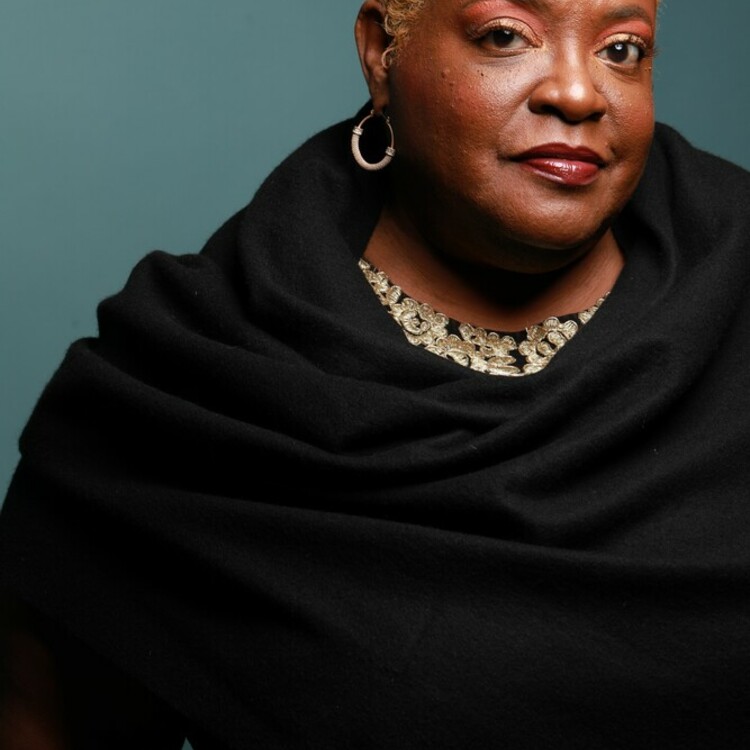
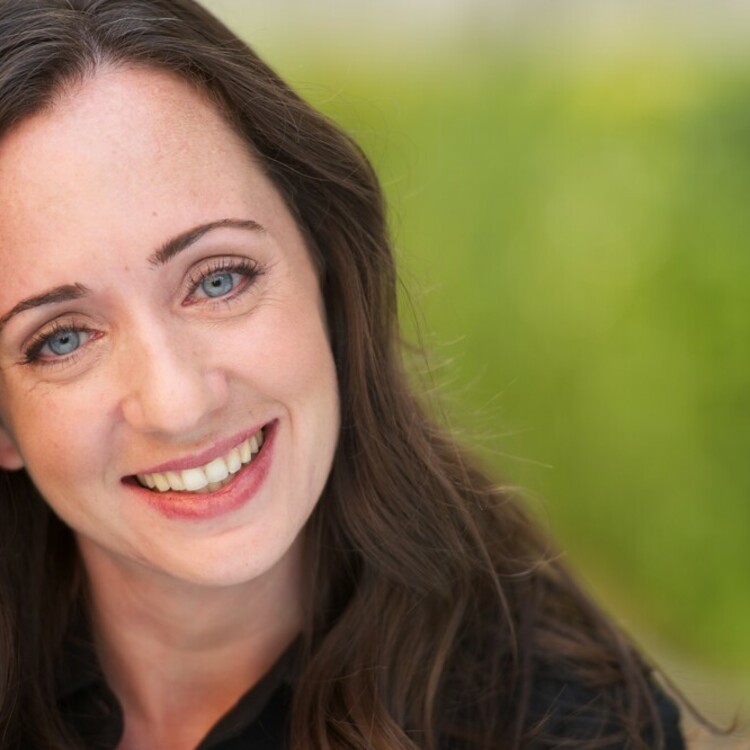
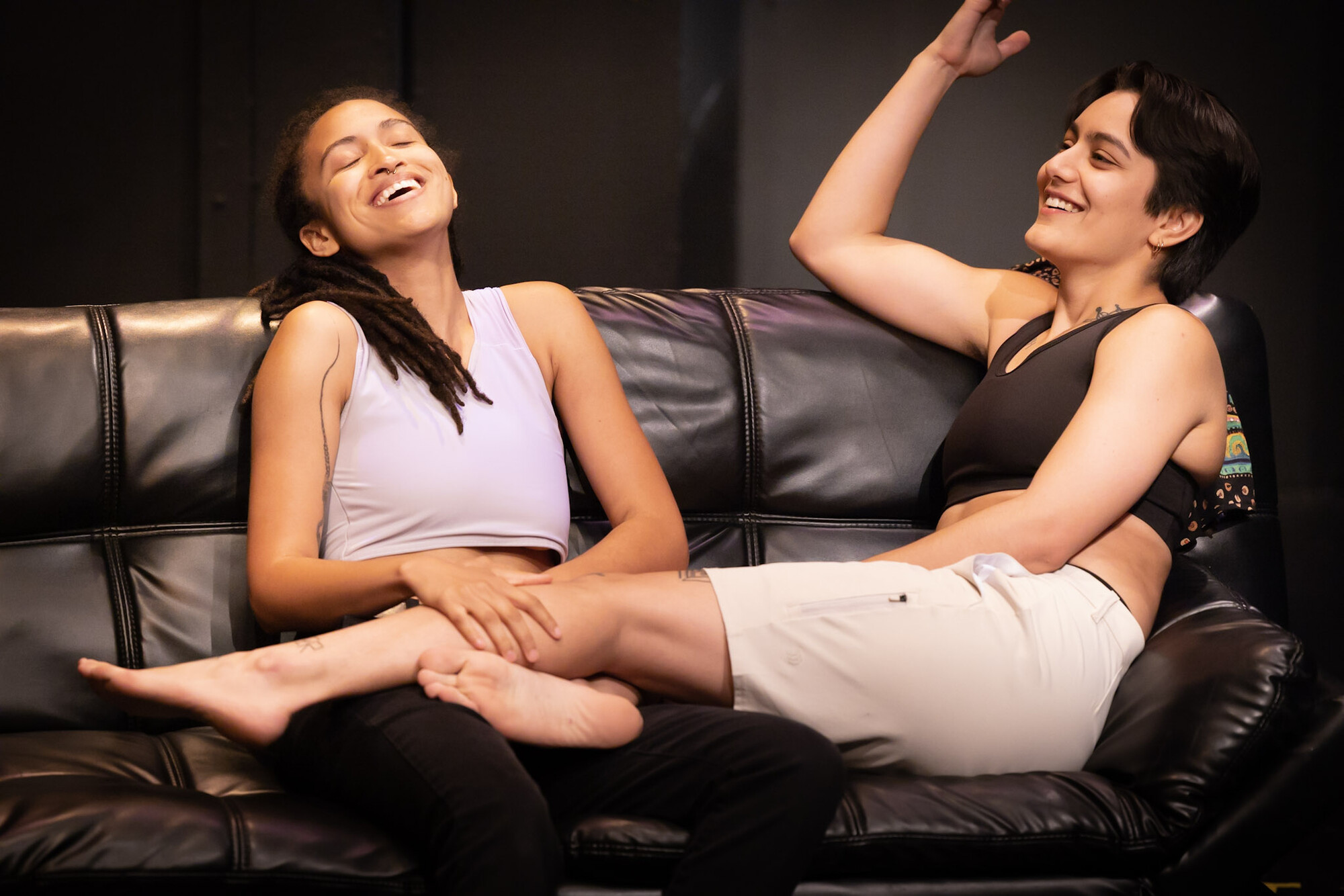
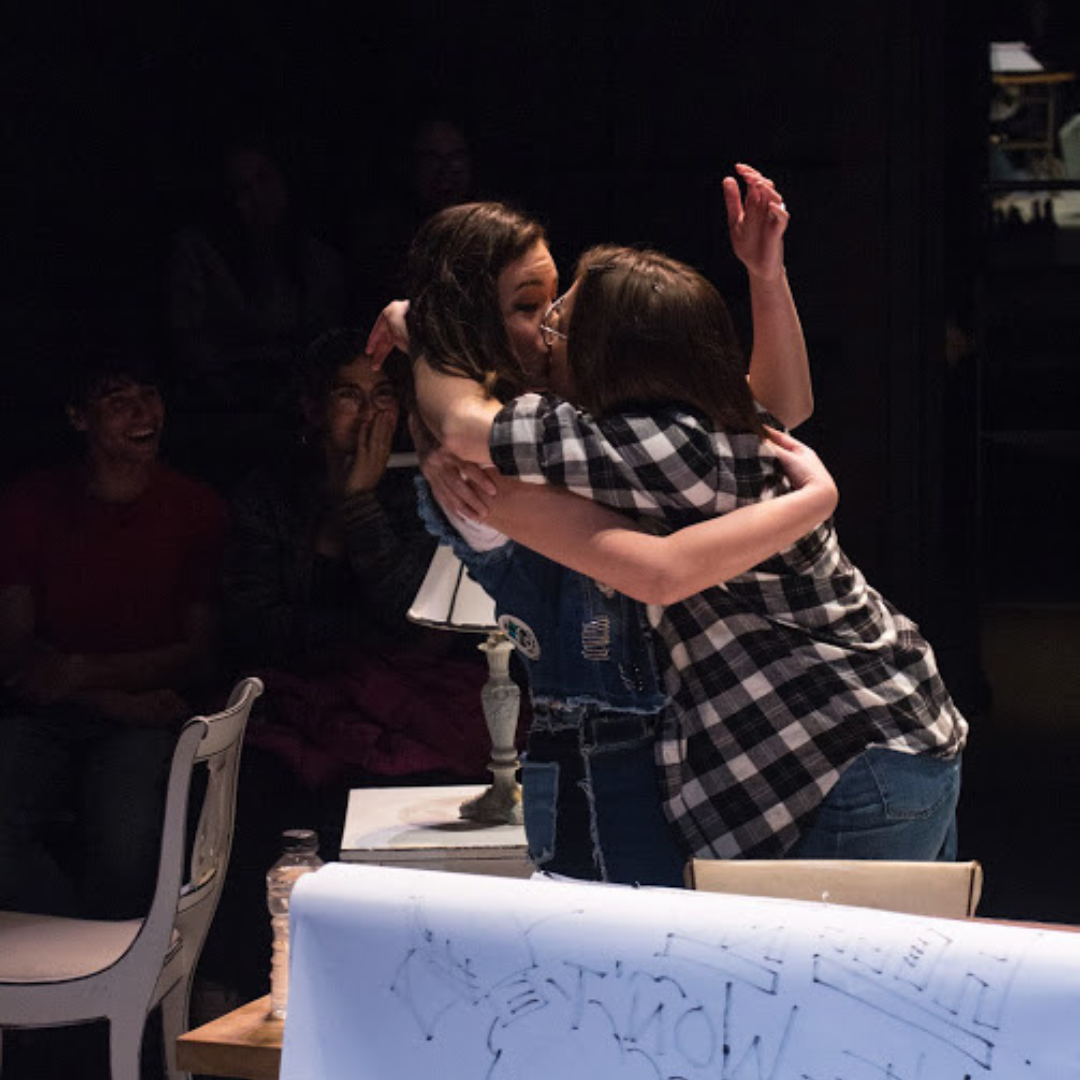
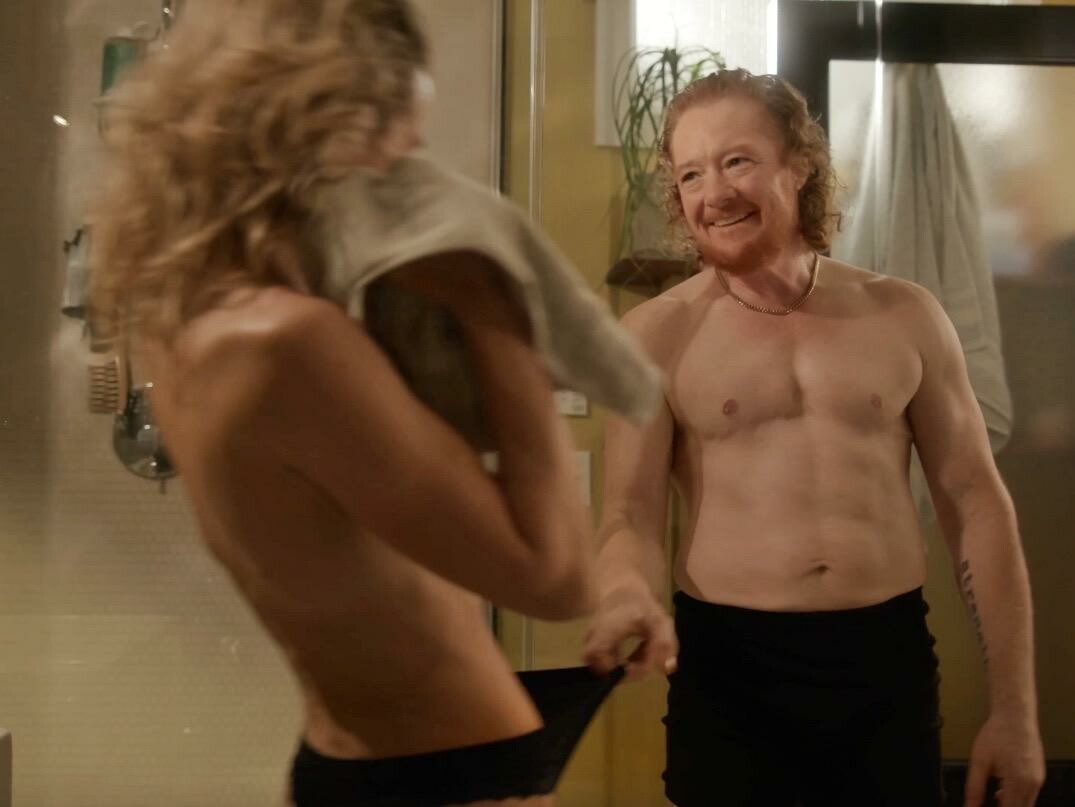
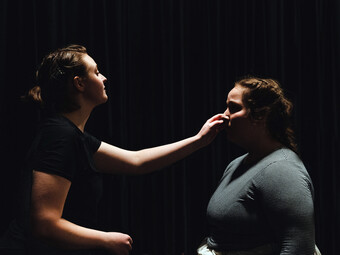


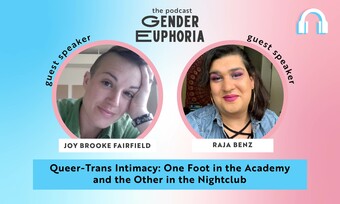



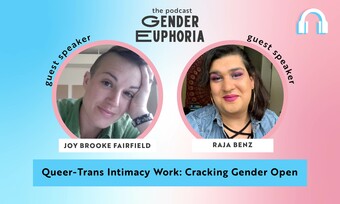
Comments
The article is just the start of the conversation—we want to know what you think about this subject, too! HowlRound is a space for knowledge-sharing, and we welcome spirited, thoughtful, and on-topic dialogue. Find our full comments policy here